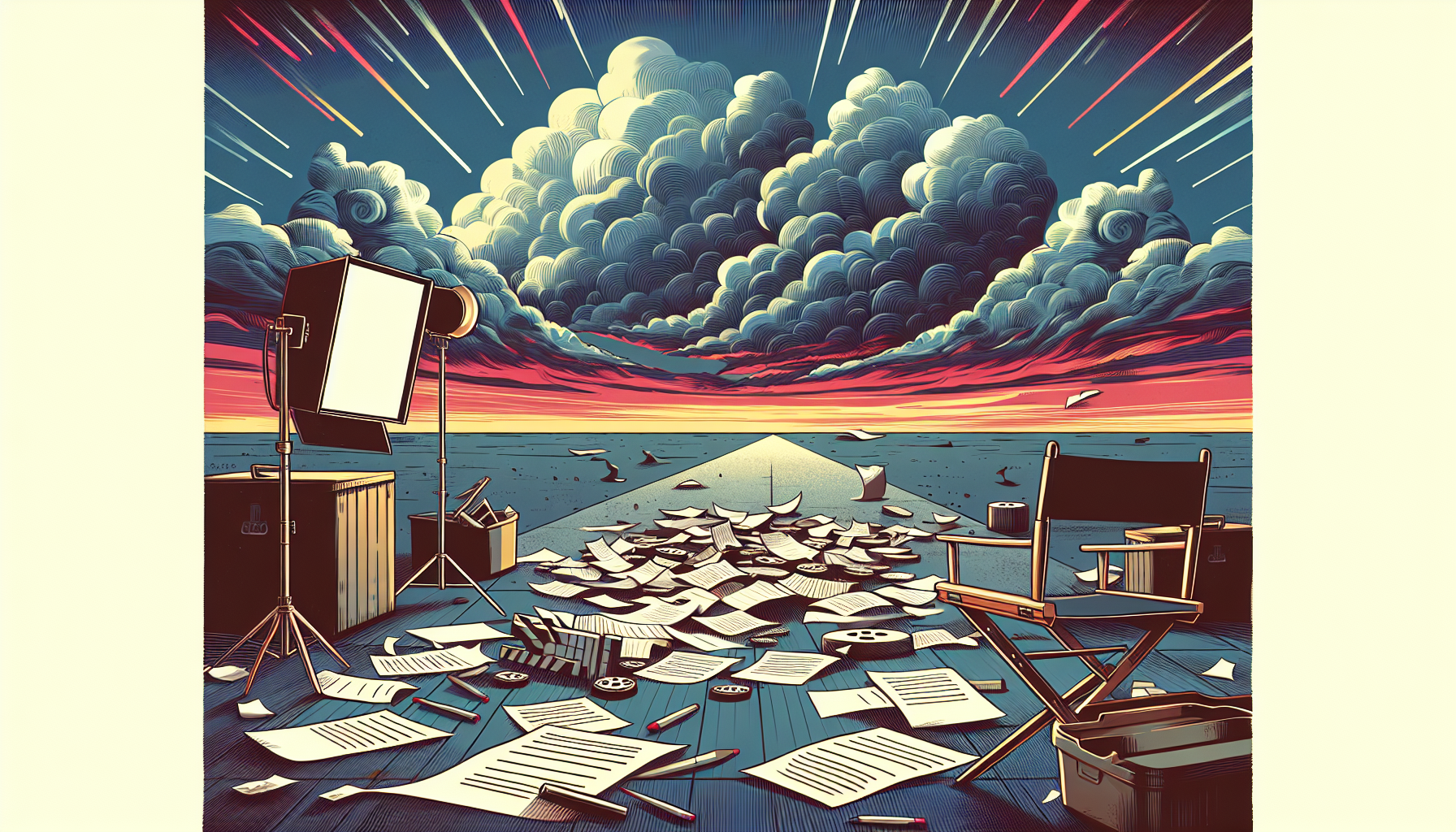
Welcome to the Wacky World of Hollywood Strikes!
Oh, the glitz, glamour, and occasional dumpster fires of Hollywood! It’s not all red carpets and Oscar selfies; sometimes, Tinseltown gets a little tetchy—and by tetchy, we mean screenwriters wielding picket signs instead of pens. Yes, when screenwriters strike, the playful parade of popcorn flicks and heart-wrenching dramas screeches to a halt. Let’s waltz through the chaos, shall we?
What’s the Beef?
First things first: why are all these talented folks, typically hunched over laptops in dimly lit cafes, suddenly stomping on the sun-baked streets? Well, imagine pouring your soul into crafting spellbinding dialogues and mind-twisting plots, only to watch your creations make billions while your bank account wheezes. Not fun, eh? Screenwriters strike primarily over issues like compensation, credit, and, in the digital age, residuals from streaming platforms—which, let’s be honest, are busier than a subway station at rush hour.
The Anatomy of the Strike
When screenwriters put their foot down, it’s not just a simple matter of not typing. They’re organized by the Writers Guild of America (WGA), a beacon of hope and frustration for scribes across the nation. The WGA calls a strike when negotiations with the Alliance of Motion Picture and Television Producers (the villainous overlords, or AMPTP) go south. What follows is a spectacle: writers picketing, solidarity hashtags trending on Twitter, and late-night TV hosts trying their darnedest to be funny without their clever wordsmiths.
Ripple Effects: No Scripts, No Screentime!
The immediate fallout of a screenwriter’s strike is felt across the boards (quite literally). Productions grind to a halt—bad news for anyone mid-binge-watch. Movies delayed, TV seasons stalled, talk shows turned into awkward improv sessions… the list goes on. It’s like dominoes; one goes, and they all start tumbling.
Economic Tug-of-War
The economic implications? They’re more tangled than last year’s Christmas lights. Studios lose money, certainly. But the local economies, depending on these productions, also take a hit. Imagine the cafes without their regular influx of caffeine-fueled script discussions, or the caterers who no longer need to feed an army of camera-shy actors.
Who Really Benefits?
While it may seem like a battle royale with clear winners and losers, strikes often lead to necessary changes. Sure, the immediate aftermath is about as peaceful as a cat in a bathtub, but these disruptions can lead to better pay, improved working conditions, and a more sustainable industry. In essence, pain now, gain later—if the cards are played right.
The Striking Conclusion (Not the End, Promise!)
Understanding the impact of a screenwriter strike is like watching a soap opera unfold—there’s drama, there’s tension, and, hopefully, a resolution that leaves everyone a tad better off. So, grab your popcorn (and maybe a supportive placard), and watch what happens next in the wondrous world of writing wars!
The moral of this Hollywood story? Never underestimate the power of a writer with a cause and a coffee. They might just rewrite the plot you thought you knew.






